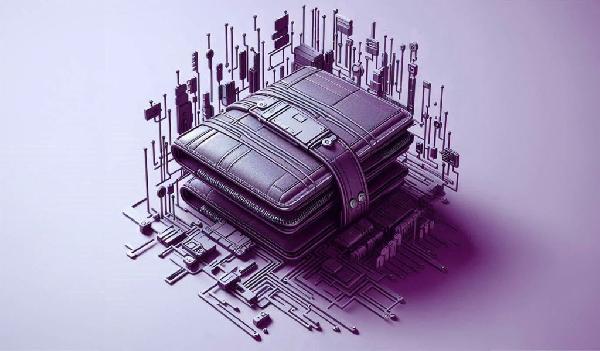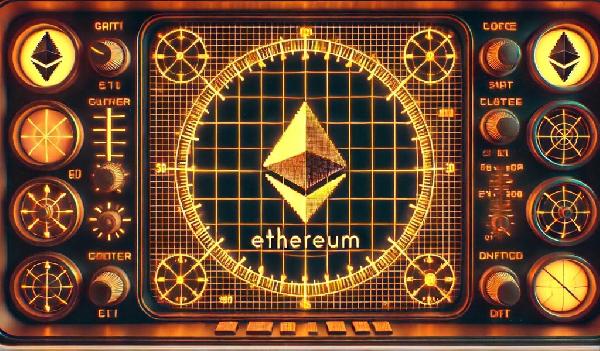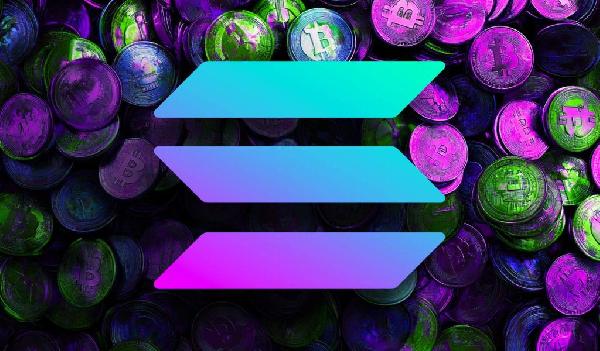Decentralized data management has long been held up as one of Web3’s most transformative innovations—but, according to Walrus Foundation Managing Executive Rebecca Simmonds, it has yet to realize its full potential.
On today’s Web3 storage solutions, data is public by default, encryption is left to app developers, and access control is “hard-coded, brittle, or missing entirely,” according to Simmonds.
That’s set to change with today’s mainnet launch of Seal, a decentralized secrets management (DSM) service that enables users to control access to data stored on Walrus’ decentralized storage platform—the first time, according to Seal and Walrus developer Mysten Labs, that a decentralized data management solution has offered access control.
Access control is the “killer feature for Walrus,” Simmonds told Decrypt. “All decentralized storage is largely open and people can access it,” she explained, while Seal enables Walrus builders to “control who accesses it, when they access it, do they pay you to access it.”
Coupled with Seal’s threshold encryption, that allows for “fine-grained and programmable data access to data stored on Walrus,” opening up an array of possibilities. Data owners could offer AI models limited access to their data for a price, while NFTs could be used to unlock access to content such as video or music files, Simmonds said.
“Most NFTs are just a link, and we‘ve all been to the broken links of the NFT images that have disappeared,” she said. “On Walrus, that doesn‘t happen; you actually own the NFT, you control the whole NFT.” That, she said, gives “a real simplicity to be able to fulfill on a lot of these promises.”
“In 2018, 2019, 2020, we talked about all of these things, but the tech stack wasn’t there,” she explained. And while “you might have been able to do these things by cobbling a lot of different things together,” she added, Walrus and Seal “are built in a very seamless way.”
“A trust layer for Web3”
Created by Mysten Labs, the team behind leading Layer-1 blockchain Sui, Walrus is designed to be more than just a decentralized data storage solution, Simmonds said. “We talk about Walrus being a data layer for Web3,” she explained. “Every bit of data you store on Walrus is actually a blob, so it’s a little container in its own right; you can write a smart contract that controls the way that blob of data acts, and it will act exactly as you expect it to.”
Coupled with Seal’s secret management service, she said, Walrus gives users “the freedom to control and create value from their data. As opposed to it being in a black box and just sitting on a shelf, you can now make it do things which have never actually been possible before.”
“For example, imagine a Walrus and Seal powered version of Spotify where artists can store their music permanently, set exactly who can hear it and when, and get paid instantly without losing a cut to intermediaries,” Simmonds explained. “They keep full control, see transparent onchain analytics for every play, and can create unique fan experiences like token-gated listening parties or timed early releases all without relying on a centralized platform.”
Brands from across the Web3 space are already using Walrus, Simmonds said. They include NFT collections Pudgy Penguins and Claynosaurz, decentralized AI training model platform FLock.io, decentralized ad network Alkimi, which counts Coca-Cola among its clients—and Decrypt, which stores its articles and videos on the decentralized data layer.
“AI is particularly well-suited to Walrus with Seal,” Simmonds said. “The AI boom has made it clear that AI is only as good as the data it’s trained on. Walrus allows AI models to authenticate and verify workloads, preventing poisoned datasets or corrupted results, and Seal upscales that capability by providing data privacy onchain.”
Further innovative use cases for Walrus have been showcased in recent hackathons, she added, including decentralized document signing application SuiSign, and Walpress, which enables users to “very easily create and publish decentralized websites to Walrus.”
“We have lots of partners in the pipeline developing new and different use cases that are only possible with the combination of Walrus and Seal,” Simmonds said, adding that Walrus is, “a modern data platform for a modern blockchain solution.”
Your Email






